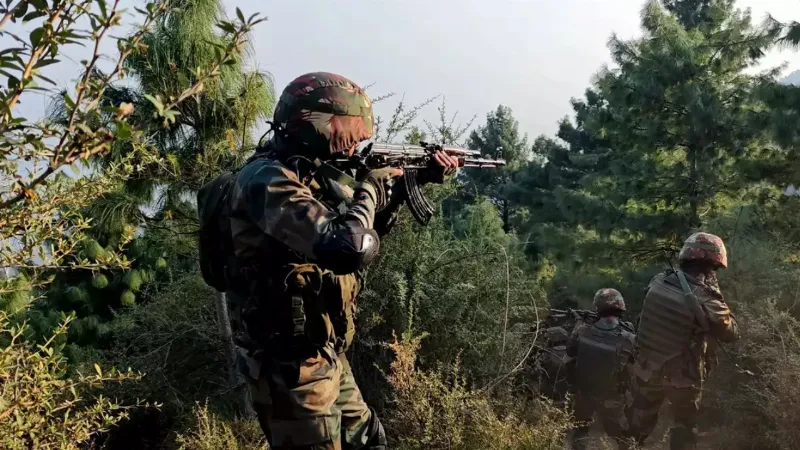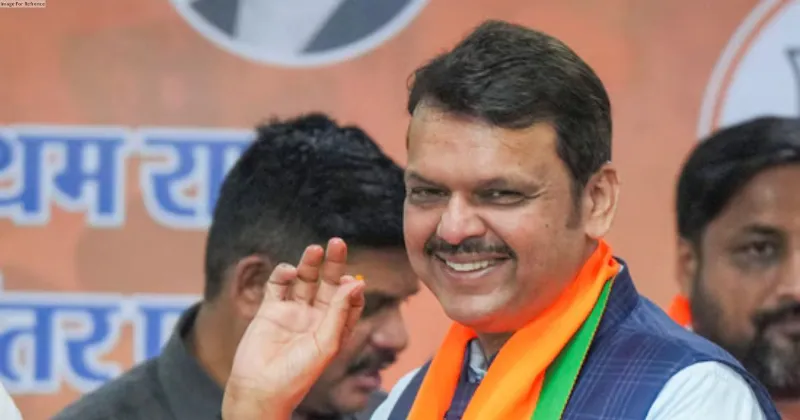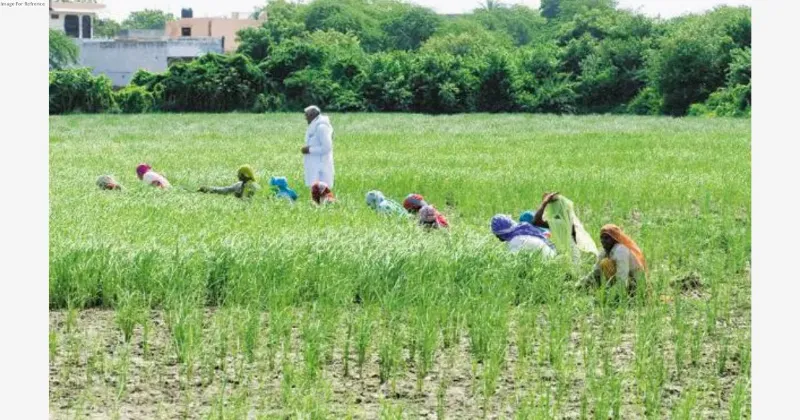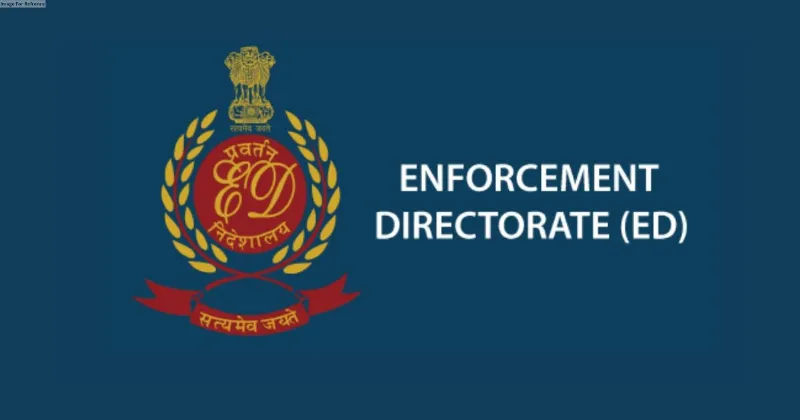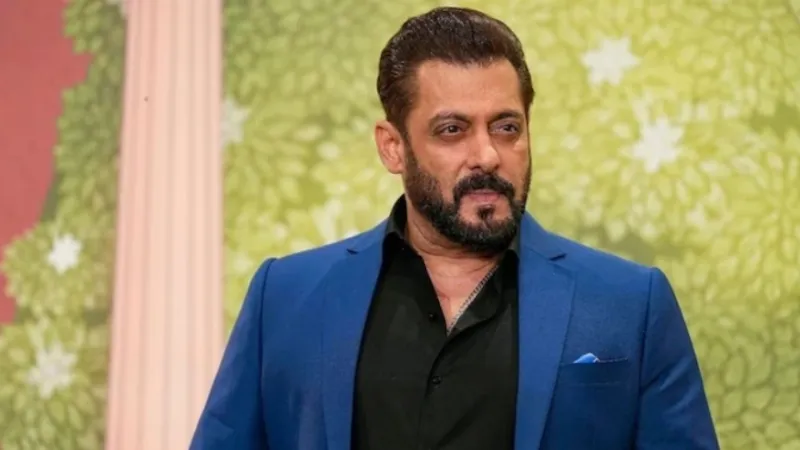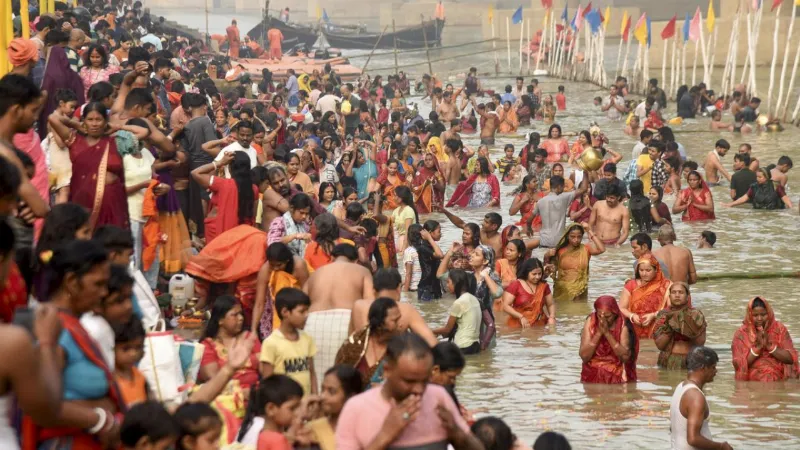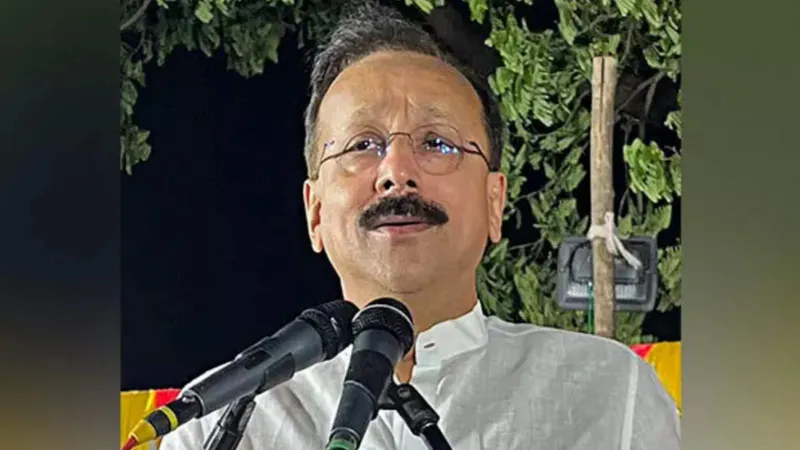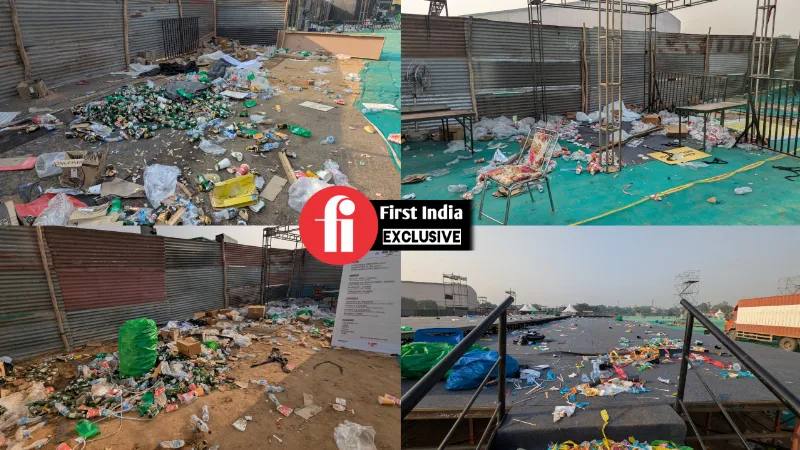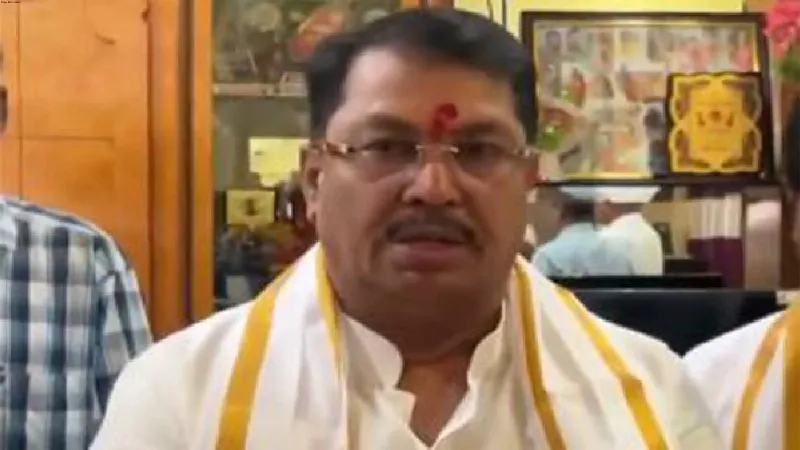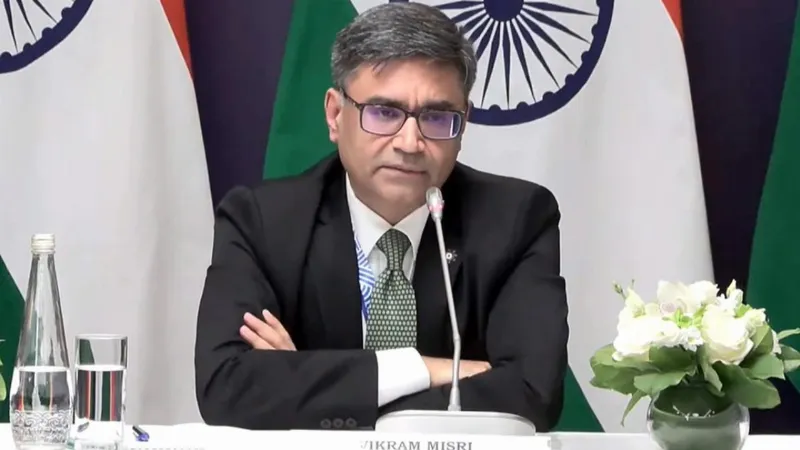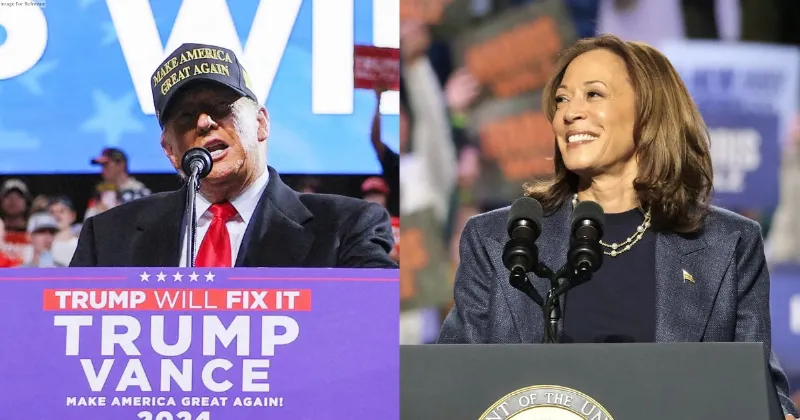Latest News
If your imagination of India is one of Hindutva, it's unconstitutional: Author Mukulika Banerjee at Jaipur Lit Fest

Jaipur: "If your imagination of India is one of Hindutva, it is unconstitutional and undemocratic because it is not necessarily the will of the people but of those in power," author Mukulika Banerjee said at the Jaipur Literature Festival that began on Thursday.
Addressing the 'Democracy: The Warp and the Weft' session here, she alleged that "several institutional distortions have developed in the last nine years at a broader level of self-avowed commitment to an ideology of Hindutva which is not a secret".
"It's not being brought by the back door. This is the official ideology of the ruling party, it is the official ideology of the RSS. That is precisely an idea of India which according to the current Indian Constitution would be unconstitutional," the London-based writer and columnist said.
"Saying you are a democracy is not enough. You got to be a democracy. A Hindu nation is not what is written in the Indian constitution. So, if your imagination of India is one of Hindutva, it is unconstitutional in a way that it is undemocratic because it is not necessarily the will of the people but of those power," Banerjee said.
She alleged that the Indian electoral system has developed "three major distortions" under the Narendra Modi-led BJP government.
"First, the Election Commission of India, a non-partisan impeachable body that has failed to remain impartial. Another is campaign expenditure, which always has been a problem in India. There's a lot of cash flow through the system between elections that are unaccountable and has been legitimately made opaque through electoral bonds."
"The third thing is that you can now count the results, by polling booth. You can tell from every polling booth who is voting for which party and therefore there are sticks and carrots. As a result, secret ballot is history. Secrecy has been severely compromised and we really should be very worried about that because it has a direct impact on the quality of democracy in India," Banerjee added.
Ronojoy Sen, Senior Research Fellow at the Institute of South Asian Studies and South Asian Studies Programme, National University of Singapore, and Yamini Aiyar, president and chief executive of the Centre for Policy Research were also part of the panel moderated by Seema Sirohi, a Washington DC-based columnist for The Economic Times.
Pointing out that minorities need representation in the Parliament, Sen claimed that only 4.5 per cent of the members of Parliament are Muslims, a community which constitutes about 15 per cent of the country's population.
"In the Indian Parliament, Christians and Sikhs have been represented according to whatever their population is. But for Muslims, the gap is extremely stark. We don't have the latest Census figures, but for 15 per cent of the population you have only 4.5 per cent of parliamentarians who are Muslims," he said.
The ruling party does not have a single Muslim MP, and that's something to ponder on, he argued.
"There is an MP called Saumitra Khan in West Bengal, and he is also not a Muslim. That Khan is like a title," Sen added.
On why Muslims must be represented by MPs belonging to the community, Aiyar said in that case the same question should be asked about why we need a Women's Reservation Bill and caste representation in Parliament.
"Parliament is supposed to represent the diversity of this country. All voices, all castes, all religions, all genders... All should have an equal voice in positions of power," she said.
The 16th edition of the Jaipur Literature Festival will conclude on January 23.(PTI)

